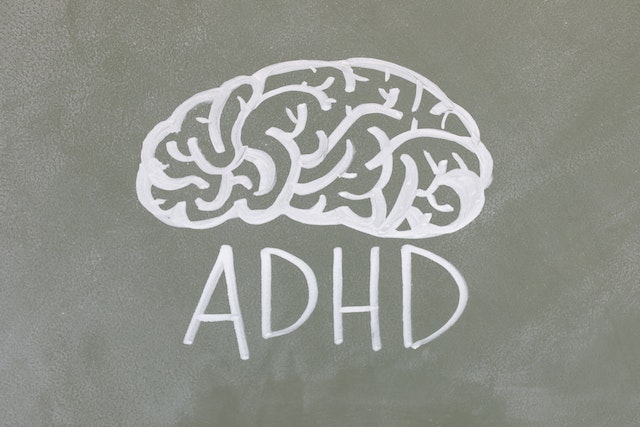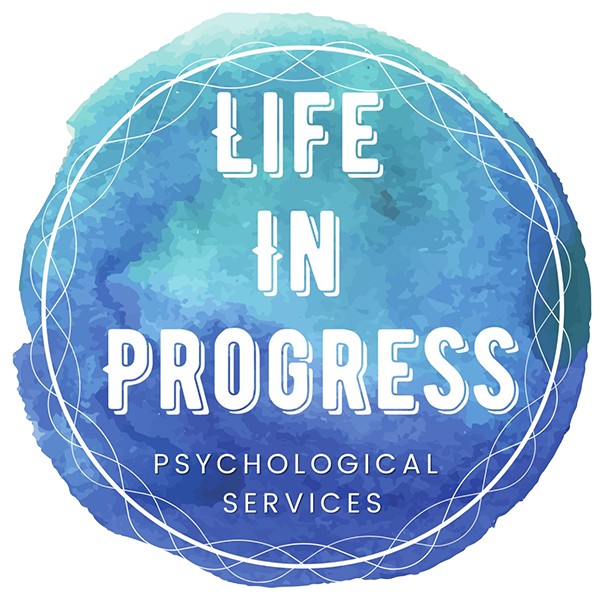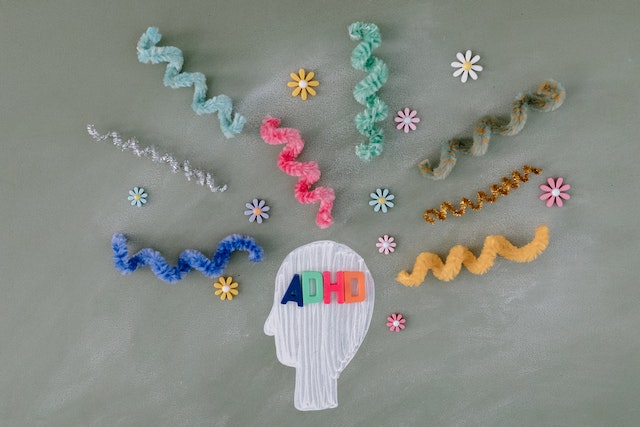Romantic relationships are built on mutual love, understanding, and support. However, when one or both partners have attention-deficit/hyperactivity disorder (ADHD), the dynamics of the relationship can be influenced significantly. ADHD affects various aspects of an individual’s life, including communication, organization, and emotional regulation. In this blog, we will explore the impact of ADHD on romantic relationships and offer practical tips to help couples navigate the challenges and foster a healthy, loving partnership.

The Impact of ADHD on Romantic Relationships
Communication Challenges: People with ADHD may struggle with active listening and maintaining focus during conversations. They might appear forgetful or distracted, leading to miscommunication and frustration between partners.
Forgetfulness and Disorganization: Individuals with ADHD may have difficulty remembering important dates, commitments, or household tasks. This can create tension in the relationship if the non-ADHD partner feels burdened with additional responsibilities.
Emotional Regulation: ADHD can contribute to emotional dysregulation, resulting in impulsive reactions or mood swings. These emotional fluctuations can strain the emotional connection in the relationship.
Time Management Issues: Time management difficulties can lead to lateness or disorganization, causing stress and frustration in the relationship.
Hyperfocus and Neglect: Some individuals with ADHD experience hyperfocus, becoming completely absorbed in certain tasks or activities. This intense focus may unintentionally lead to neglecting the needs of your partner.
Impulsivity: Impulsivity can manifest in impromptu decisions or spontaneous actions, which might catch the non-ADHD partner off guard or create conflicts.
Lack of Follow-through: Difficulty in following through on commitments and promises may cause the non-ADHD partner to feel disappointed and question the reliability of their partner.

8 Helpful Tips for Navigating Romantic Relationships with ADHD
- Inform and Communicate: Building a strong foundation in your relationship begins with open and honest communication. Take the first step by educating your partner about ADHD, shedding light on its symptoms, and how it uniquely affects you. Engaging in couples or individual therapy provides a safe space for both partners to share their thoughts, emotions, and concerns about ADHD’s impact on the relationship. Together, let’s empower your journey through knowledge and compassion, fostering a love that thrives amidst the challenges of ADHD.
- Building Routines Together: Creating predictable routines and structure can help individuals with ADHD manage time and reduce forgetfulness. Implement shared calendars or to-do lists to keep track of important dates and tasks. A skilled therapist can guide you in creating routines and structures that suit both of you.
- Practice Listening with Intent: Both partners should practice active listening to understand each other’s needs and concerns better. When conversing, make eye contact and offer verbal or non-verbal cues to show that you are engaged.
- Develop Coping Strategies: Work together to develop coping strategies that can help manage impulsivity and emotional dysregulation. These may include taking breaks during conflicts or practicing relaxation techniques. Together, you’ll develop coping strategies tailored to your unique challenges. Through individual and/or couples therapy, I can provide tools to manage impulsivity and emotional regulation, fostering healthier responses during conflicts.
- Seek Professional Support: Couples counseling or therapy can be beneficial for addressing specific challenges related to ADHD in the relationship. I will offer valuable insights and tools to enhance your communication and understanding.
- Focus on What’s Going Well: Celebrate each other’s strengths and accomplishments, reinforcing positive aspects of the relationship you appreciate. Emphasize gratitude for the unique contributions both partners bring to the partnership.
- Tackling Responsibilities: Non-ADHD partners can provide support by sharing responsibilities
and tasks. Therapy helps partners collaborate on shared responsibilities without assigning blame and find solutions that bring you closer together instead of driving you further apart. - Encourage Self-Care: Encourage self-care practices for both partners to reduce stress and promote emotional well-being. Exercise, meditation, or hobbies can be excellent outlets for relaxation and rejuvenation.

ADHD can undoubtedly present challenges in romantic relationships, but with understanding, patience, and effective communication, couples can build a loving and supportive partnership. By educating each other about ADHD’s impact, establishing routines, and developing coping strategies, partners can navigate the complexities of ADHD together. Seeking professional help through couples counseling or individual therapy can provide a supportive space to gain further insights and obtain tools for improving relationship communication hurdles, emotional regulation, and time management difficulties.
Remember, a successful relationship with ADHD requires teamwork, empathy, and a commitment to supporting each other through the highs and lows. By embracing these tips, couples can foster a deep connection and create a lasting bond filled with love, understanding, and growth.

